Three little echidnas were born in captivity for the first time in 29 years
Categories: Animals
By Pictolic https://pictolic.com/article/three-little-echidnas-were-born-in-captivity-for-the-first-time-in-29-years.htmlEchidnas are usually quite harmful. It is unlikely that you will want to pet such an animal. But you can hardly resist these three newborn echidna cubs, which were born in August at Taronga Zoo in Sydney. Echidnas Ganya, Spike and Pitpa had cubs in captivity for the first time in 29 years.
(6 photos in total)
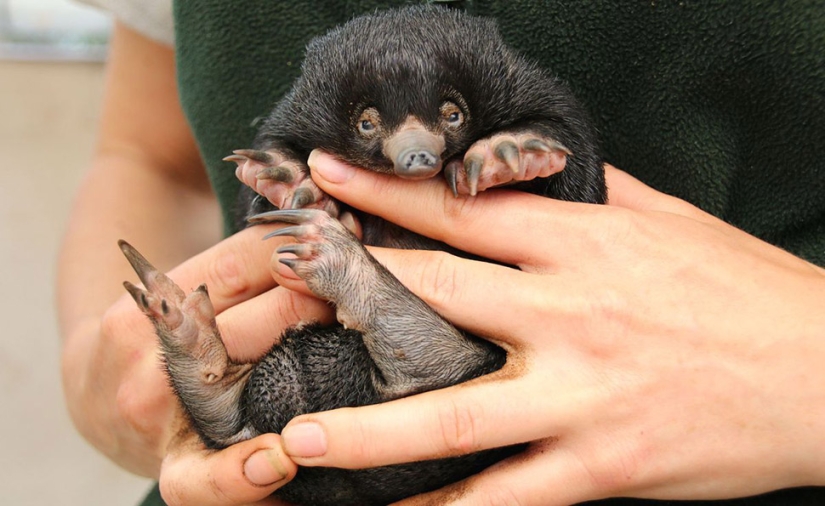 Source: Mashable
Source: Mashable
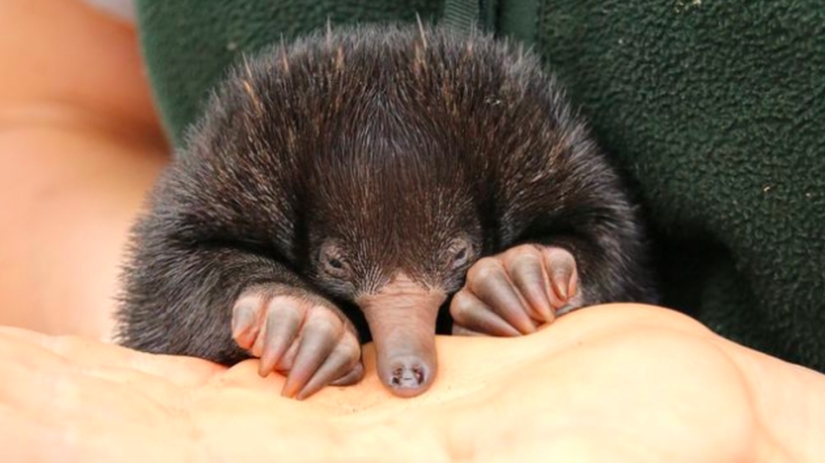
The cubs spend ten days inside the eggs, and then hatch. After that, the mother carries them in a bag for about two months. The babies have already opened their eyes, and needles have begun to grow. Echidnas born from three different mothers are in a special incubator at the zoo, where mothers come to feed them every three to six days.
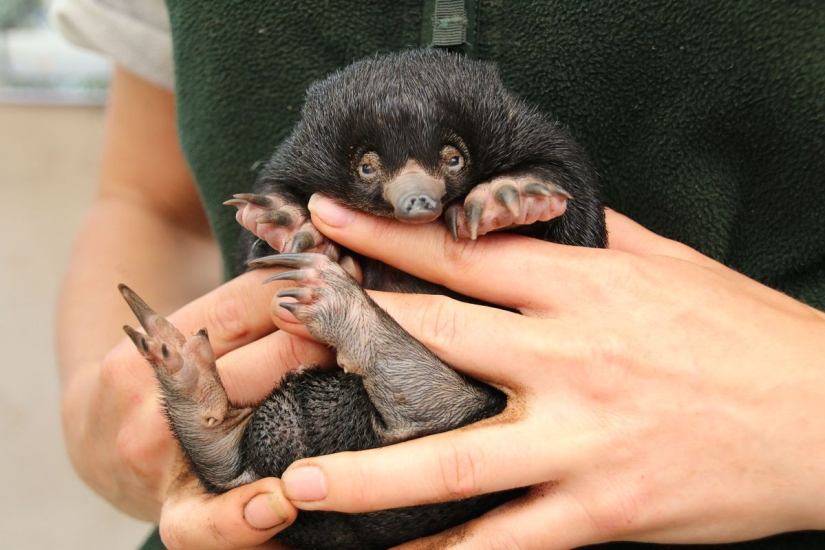
"All three mothers are doing an excellent job with the necessary care for their cubs. One mom, Spike, is so caring that she returns to feed her cub every other day," says Taronga Zoo employee Suzy Lemon.
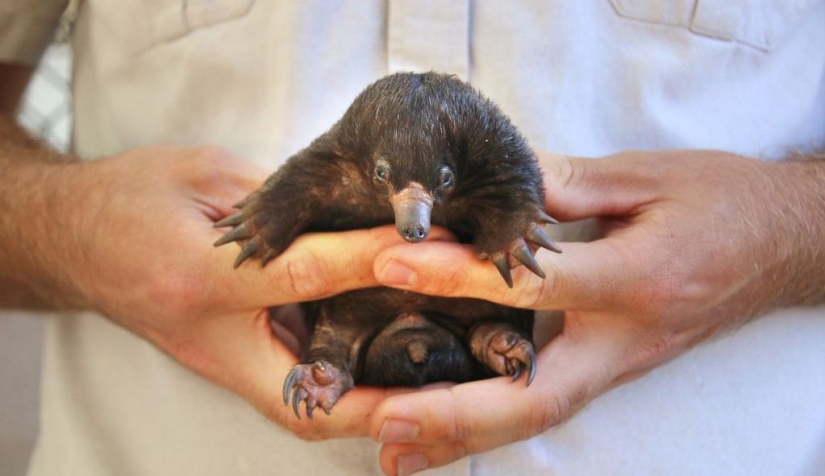
"These prickly creatures are still surrounded by many mysteries. In the wild, echidnas are quite quirky, so it is difficult to study their natural parental instincts," she added.
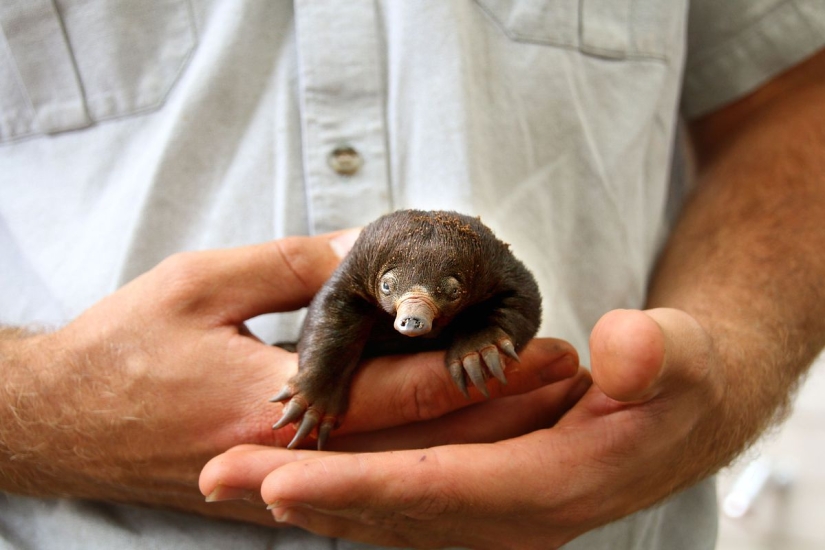
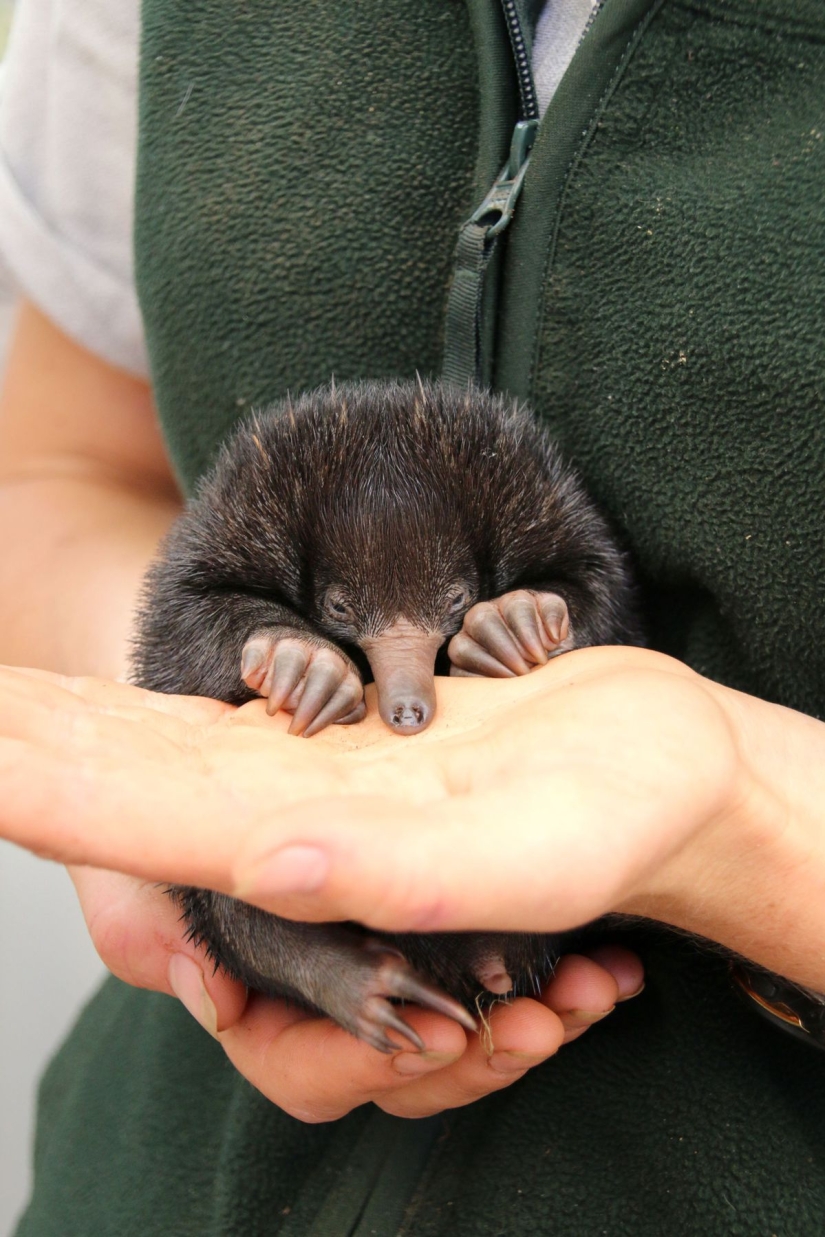
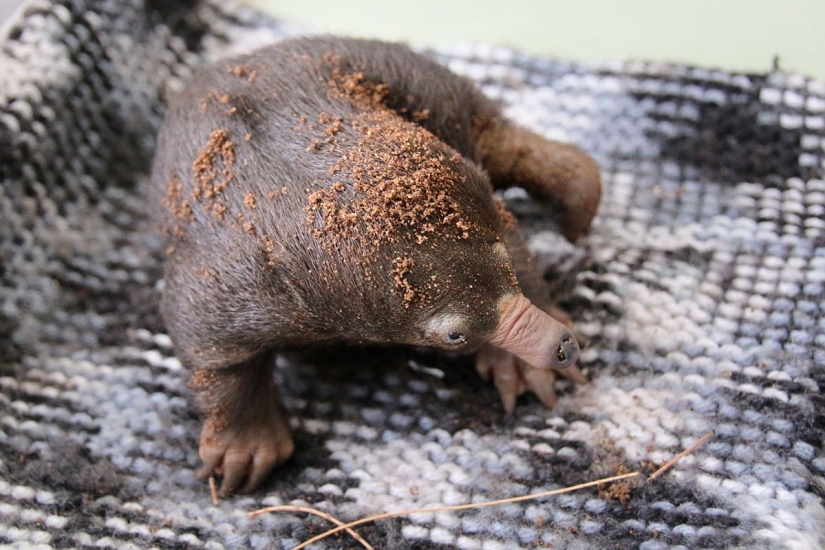
Recent articles

It's high time to admit that this whole hipster idea has gone too far. The concept has become so popular that even restaurants have ...

There is a perception that people only use 10% of their brain potential. But the heroes of our review, apparently, found a way to ...
Related articles

This is not a bird, not an airplane, but a sugar possum, which easily and naturally glides in the air. Prepare your mimimeters, ...

Even if you love animals, you've probably only met a small fraction of them. 1 367 555 discovered animal species on ...

Every woman who gave birth in the maternity hospital knows about the existence of the Apgar scale. In the world, the indicator on ...

New Year's is a time to surprise and delight loved ones not only with gifts but also with a unique presentation of the holiday ...